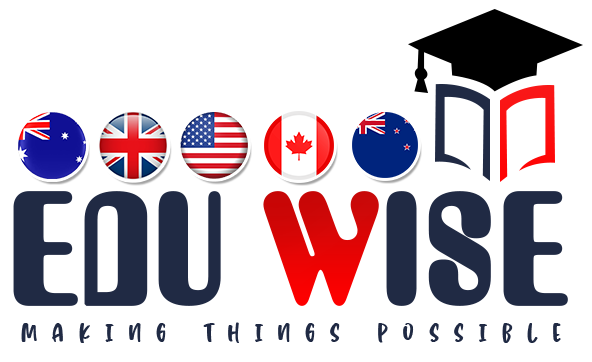Study in Canada
Quality education, diverse opportunities, global recognition, cutting-edge research, cultural exposure.
High-Quality Education
Canada is known for its world-class education system, with universities and colleges offering excellent academic programs.
Diverse Range of Programs
Canadian universities offer a wide array of master's degree programs across various disciplines.
Research Opportunities
Canadian institutions prioritize research, and many universities have well-funded research programs.







Careers & Industry Insights
The country's stable economy, progressive immigration policies, and commitment to innovation attract skilled workers worldwide. Key industries include IT, renewable energy, and advanced manufacturing.
Technology and IT
Healthcare
Finance and Accounting
Renewable Energy
E-commerce and Digital Marketing
Construction and Infrastructure
Education and Online Learning
Yes, Canada is a popular destination for international students. Canadian universities and colleges welcome students from all over the world.
The requirements vary depending on the level of study and the institution. Generally, you will need to obtain a study permit (student visa), demonstrate proof of financial support, have a letter of acceptance from a designated learning institution (DLI), and meet certain health and character requirements.
You can apply for a study permit online through the official website of Immigration, Refugees and Citizenship Canada (IRCC). You will need to submit your application along with the required documents and pay the necessary fees.
A DLI is a school, university, or college that has been approved by the Canadian government to host international students. To apply for a study permit, you must have a letter of acceptance from a DLI.
Yes, most international students with a valid study permit are allowed to work part-time (up to 20 hours per week) during their studies and full-time during scheduled breaks.
Yes, Canadian institutions and the Canadian government offer various scholarships, grants, and financial aid options for international students. Be sure to check with the specific institutions you are interested in for available scholarships.
Canadian universities usually have two main intakes: Fall (September) and Winter (January). Some institutions might also offer a Summer (May) intake for certain programs.
Yes, health insurance is mandatory for international students in Canada. Many provinces offer their own health insurance plans for international students, or you may need to arrange private health insurance.
Canada has many excellent universities and colleges, but some of the popular study destinations include cities like Toronto, Vancouver, Montreal, Ottawa, and Calgary.


